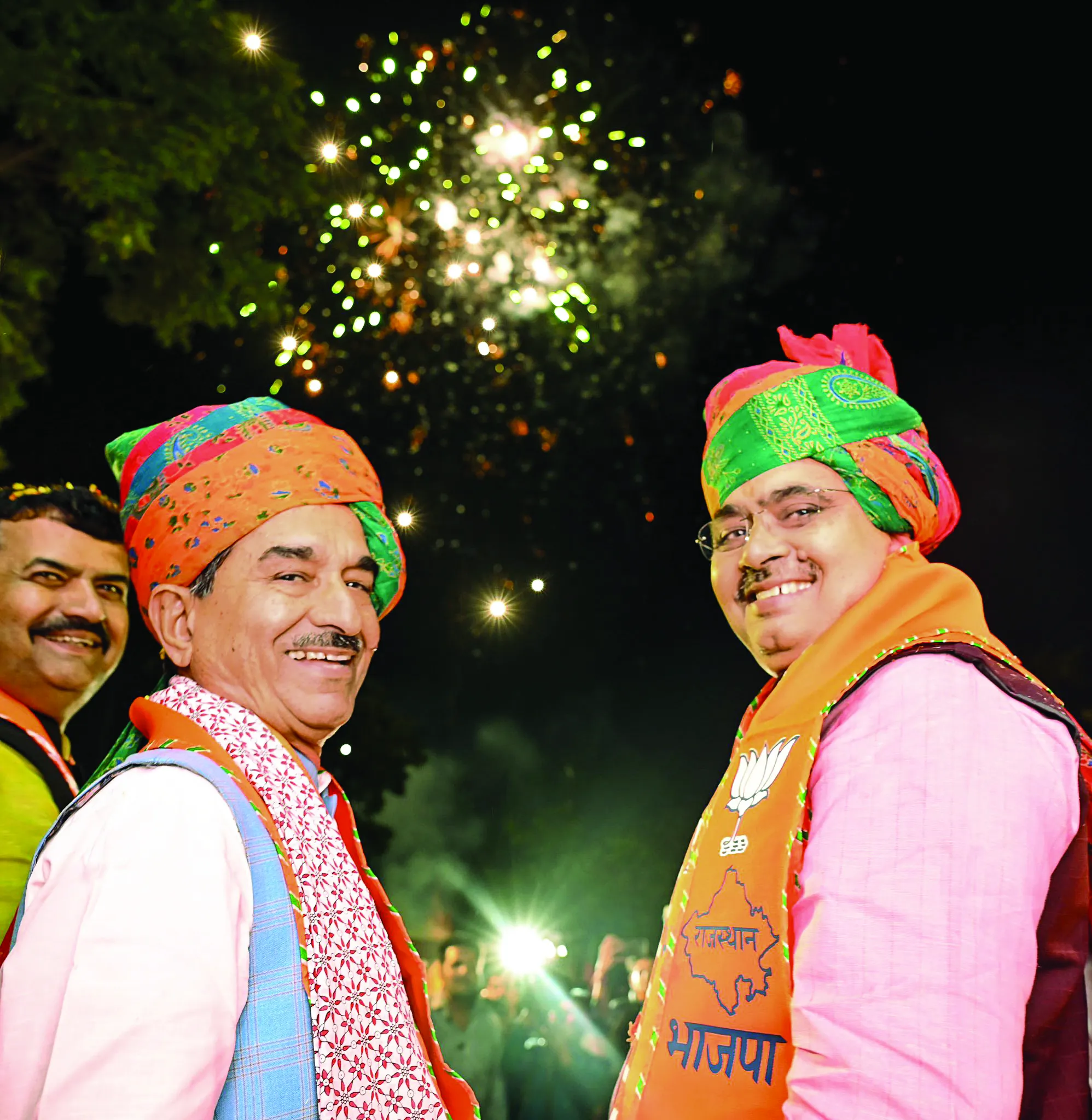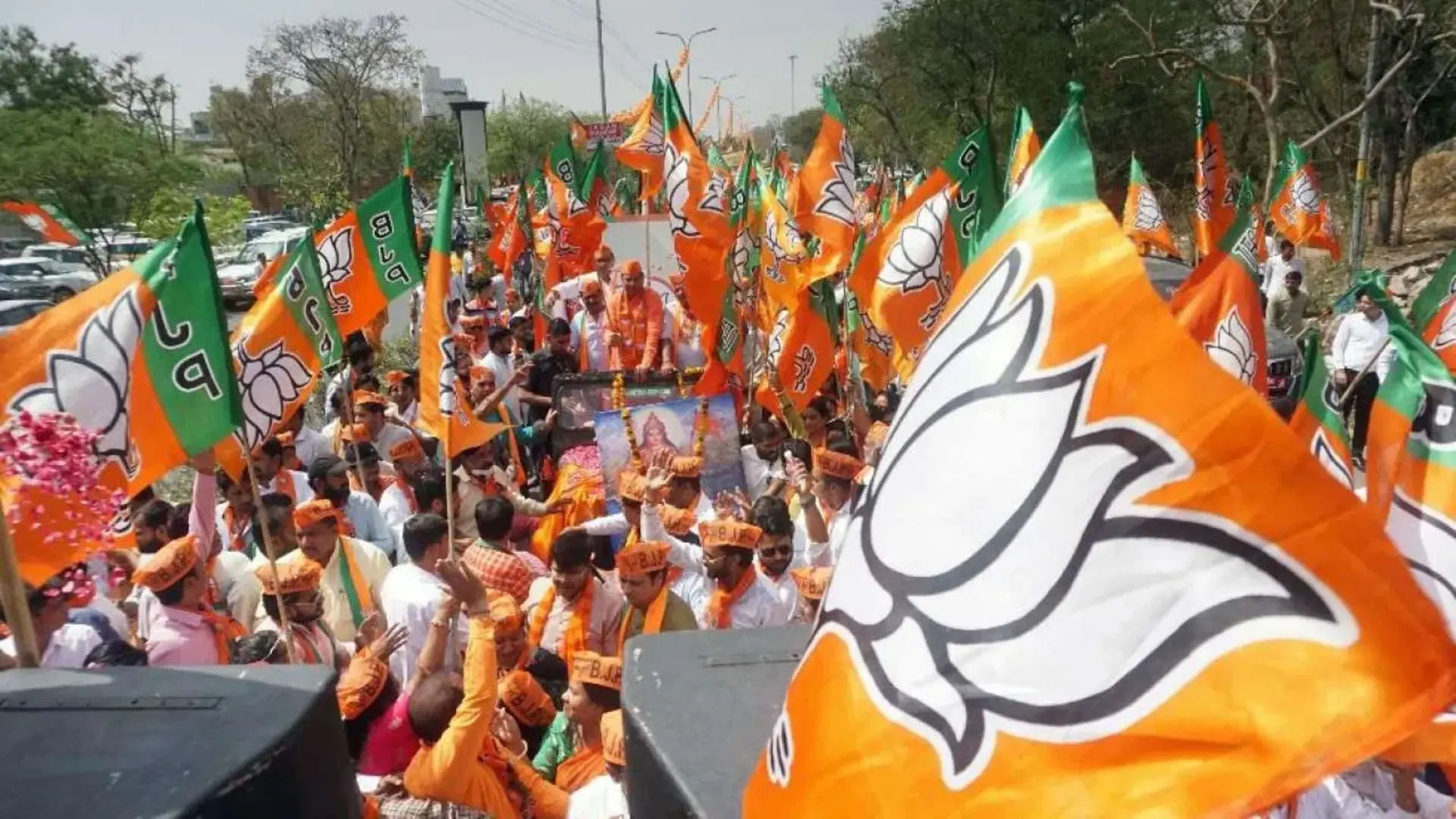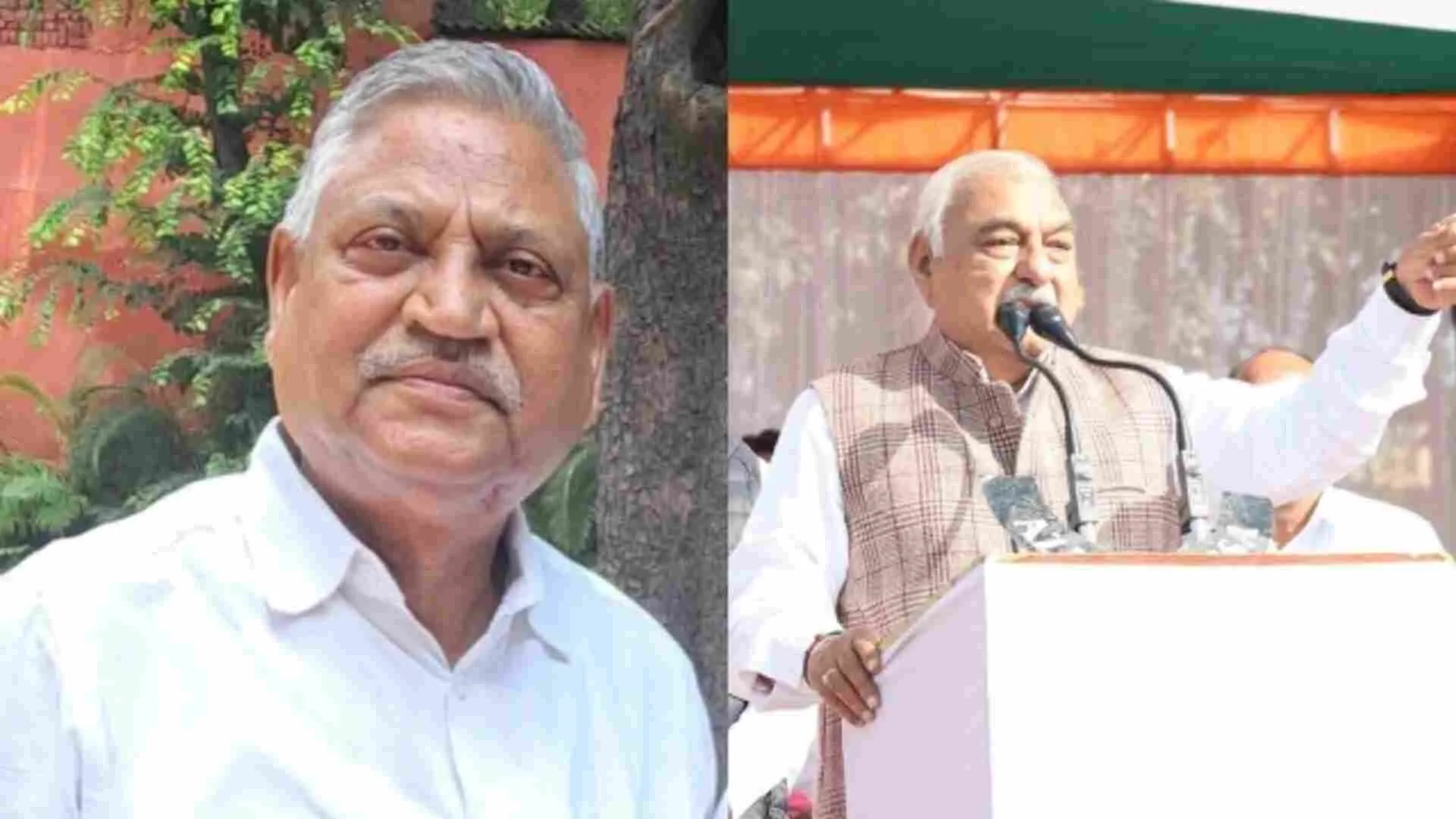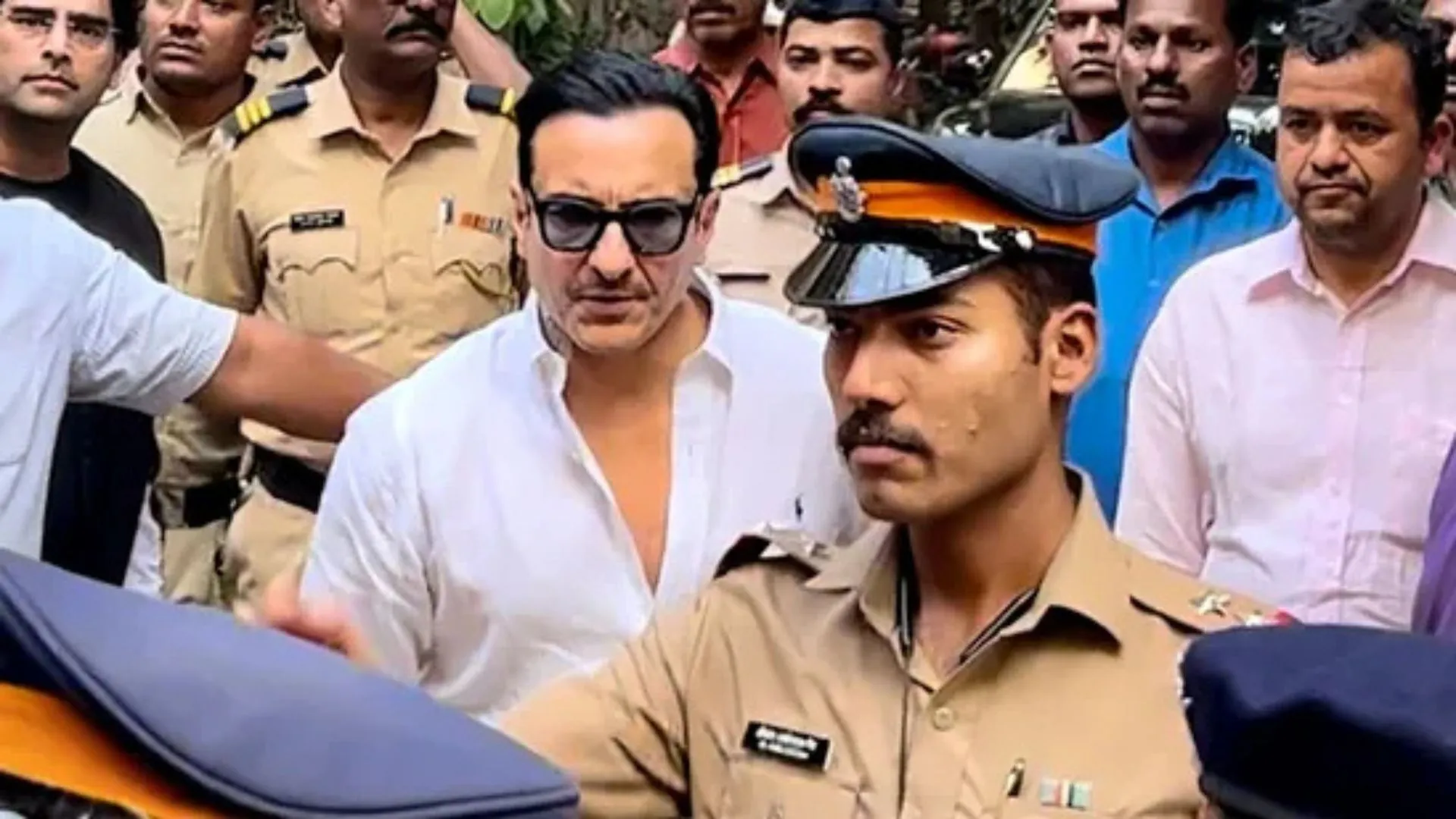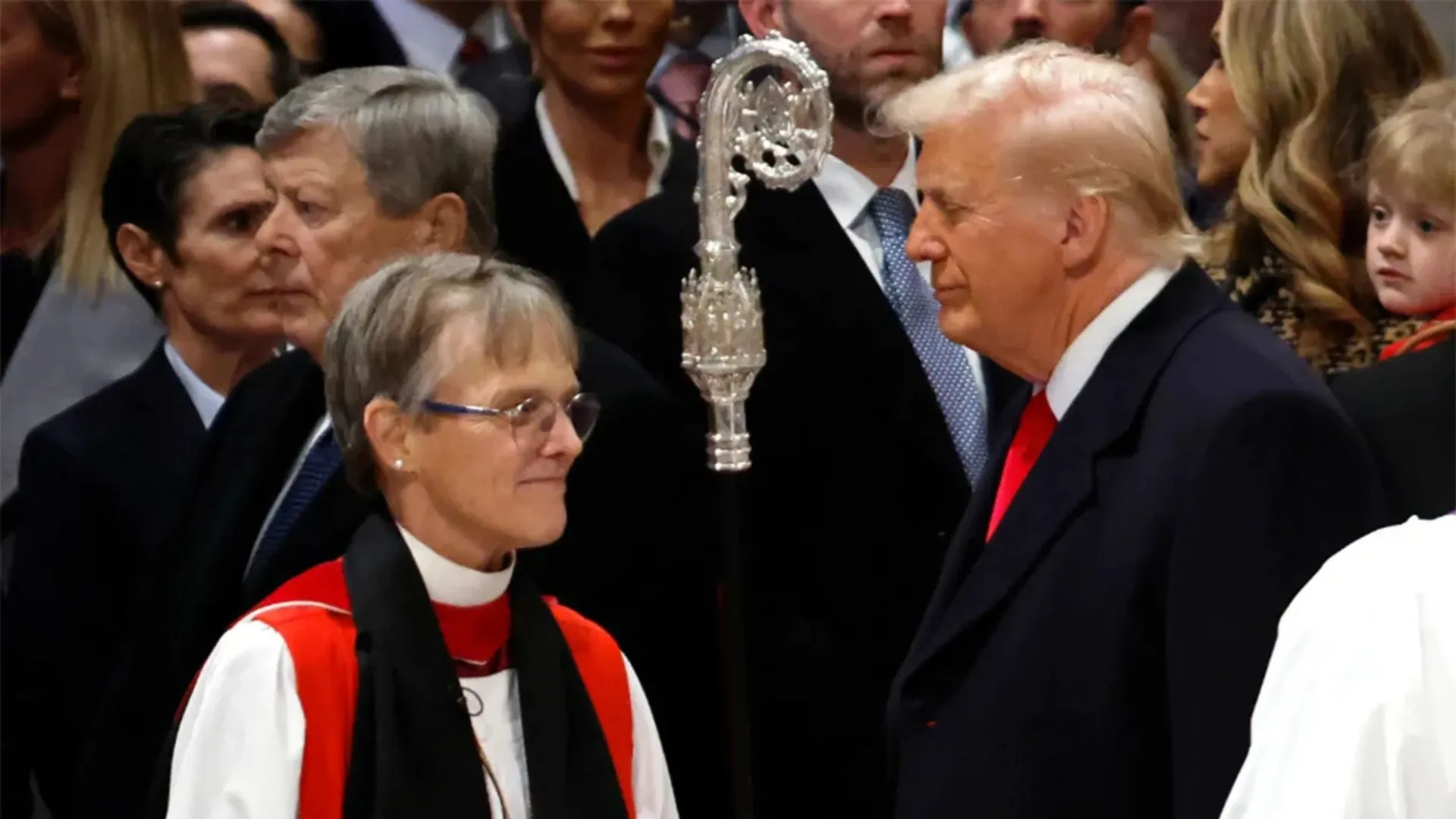Aprameya Radhakrishna, CEO and Founder of Koo, recently joined NewsX’s special series ‘NewsX India A-List’ for an exclusive conversation. As Koo expands its network across the length and breadth of the country, Aprameya spoke to us about his journey, taking the big leap from the corporate world to establishing his own venture Koo.
Sharing insights from his journey, Aprameya said, “After graduating from IIM Ahmedabad, I started working understanding how a business works. With that understanding, I started thinking about what businesses I could run. The first problem that we solved was the cab hailing problem. Before Vocal and Koo, I founded Taxi for Sure, which was the second largest player in cab hailing market in 2015. We sold it Ola for 200 million dollars and that was my first entrepreneurial state. Post that, we started thinking about what would be the next big wave. We saw that people were getting access to phones and the Internet. The one thing that would stop them from using the Internet was that every app was in English. More than 90% of people in India are not comfortable in English. That is when we started thinking about building something in local languages so that people can search for information, connect and communicate with each other, express oneself and that is how our product got formed”.
Speaking about the necessity of microblogging in India, he expressed, “Vocal’ is a question and answer app. Although some of our community, which were answering questions, had a need to express themselves without answering questions. This made us curious as to why they needed a separate app even although there are other apps. When we deep dived, we saw that all the major options were in English and if you have to give a comfortable environment for people to express themselves on what is on their mind, it has to be in their own language. If you go in any community, you go inside, the app converts it into their language and you can find people from the same community who are speaking the language. You will be able to create content in that language very easily and the hashtags and you will talk about things that are important to that community. That was not existing and so to bring the voices of India, irrespective of language, you know was a new problem to solve. Connecting India deeper is a problem we are solving, whereas the existing options connect India to the English-speaking India to the rest of the world. The experience we have given for local languages and allowed users to express in those languages is the core philosophy of KOO. Nobody has built an app around microblogging and expression of thoughts and opinions ever before in local languages and that is what we have focused on.”
Emphasising that technology-building has undergone different stages in India, Aprameya said, “We have had the resources to built them. Internet access and technology access define who we built the technology for. Companies like Infosys and Wipro built technologies for companies outside because that is where it was needed. Next came, the English-speaking Indian where most cases was about booking tickets, searching for jobs, booking movie tickets, cabs and buying things online. Now, is when majority of Indians are getting access to internet and technology. There is no better person than an Indian to build technology for Indians to use them in their own language. Once we build this, we will know how to build apps for non-English audiences. We take this technology to the globe, which have a majority of non-English population, who will face the same kind of issues that India faces or Indian users face. We will take our technology to the world.”
When asked about the policy challenges, Mr. Radhakrishna spoke about how the guidelines introduced by the Indian Government are rather flexible. “Most of the users on social media are behaving very well. Few are trouble-seekers or mischief-makers. Because of this small percentage, the community faces problems. The idea is to make sure that you behave like you would behave offline. While you have the responsibility while exercising freedom of speech, I think it is good enough. What you say should not harm other people’s lives. Abiding by the laws of the land is very important. As an Indian company, we respect that.”
The immediate priority for Mr, Aprameya is to “build the team and get young talent to join us in this mission”. He says, “Building and hiring especially in engineering is important. Our user-base has grown, we are close to 5 million downloads in India across various languages. That will grow to a 100 million users in a year or so. That is our primary objective.”
On a concluding note, the entrepreneur advised young entrepreneurs, ” Make sure you solve a real problem and you do not have to worry about users coming.”



